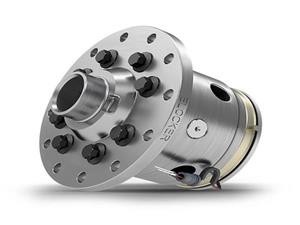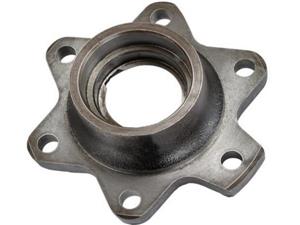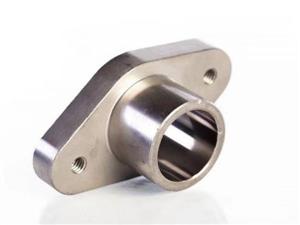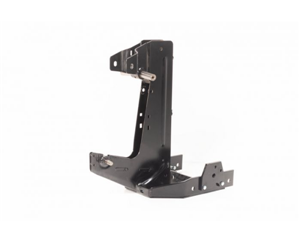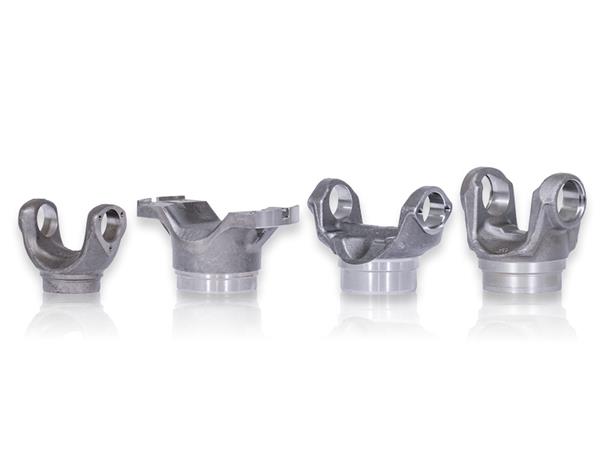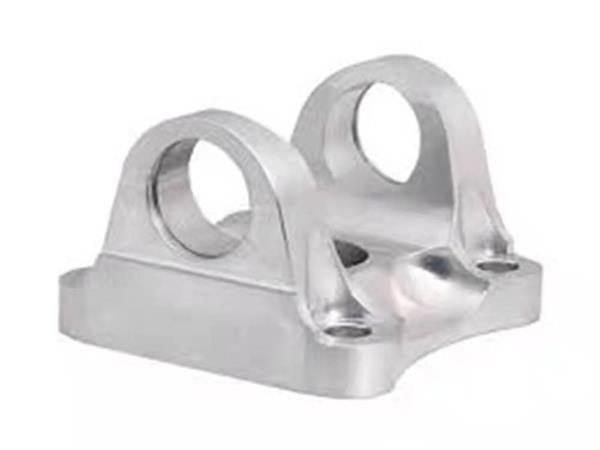How to prevent hot cracking of cast iron fittings
Speaking of the advantages of cast iron parts, I believe that many insiders are very clear about its wide range of application. The parts of all walks of life can be processed and produced using the casting mode. Moreover, the appearance size of the cast iron parts processed and produced is not much different from that of the parts. Only a small amount of processing can be used directly, and its economy is very obvious.
However, in the process of production, from raw materials to finished products of cast iron fittings, hot cracks often occur in cast iron fittings for some reason, which leads to the occurrence of unqualified fittings. Although there are many reasons for the occurrence of hot cracks in cast iron fittings, the following key points should be taken into consideration in order to fundamentally solve such problems
1. By changing the structure of the casting
Although the cast iron products required by customers have different appearance requirements and characteristics, in order to ensure the quality of the parts and reduce the occurrence of hot cracks, the designer should not only ensure that the design requirements meet the customer's needs, but also ensure the uniformity of the wall thickness force of the cast iron parts in combination with the structural characteristics of the cast iron parts, the fillet transition at the corners, and reduce the occurrence of stress concentration.
2. By improving the melting quality of materials
In order to ensure hot cracking of cast iron fittings, reasonable melting process and methods should be adopted to effectively remove the gas and other impurities doped in the molten metal during the casting process, so as to control the carbon content and harmful impurities within the specified range.
3. Ensure the correct implementation of the whole casting process
The reason why many casting parts have hot cracks is to a large extent that the casting process has adopted wrong measures, especially in the pouring setting. In the correct casting process, the residence time of cast iron parts in the sand mold and the proper use of the container ensure that the temperature at different thickness of the cast iron is homogenized and reduce the occurrence of thermal stress. At the same time, to reduce the occurrence of hot cracks, the sand box device should be removed in time after the solidification of cast iron fittings to reduce the cracks caused by shrinkage stress.
Therefore, if you want to prevent hot cracking of cast iron fittings, you need to start from the above aspects, so as to have a good effect.

